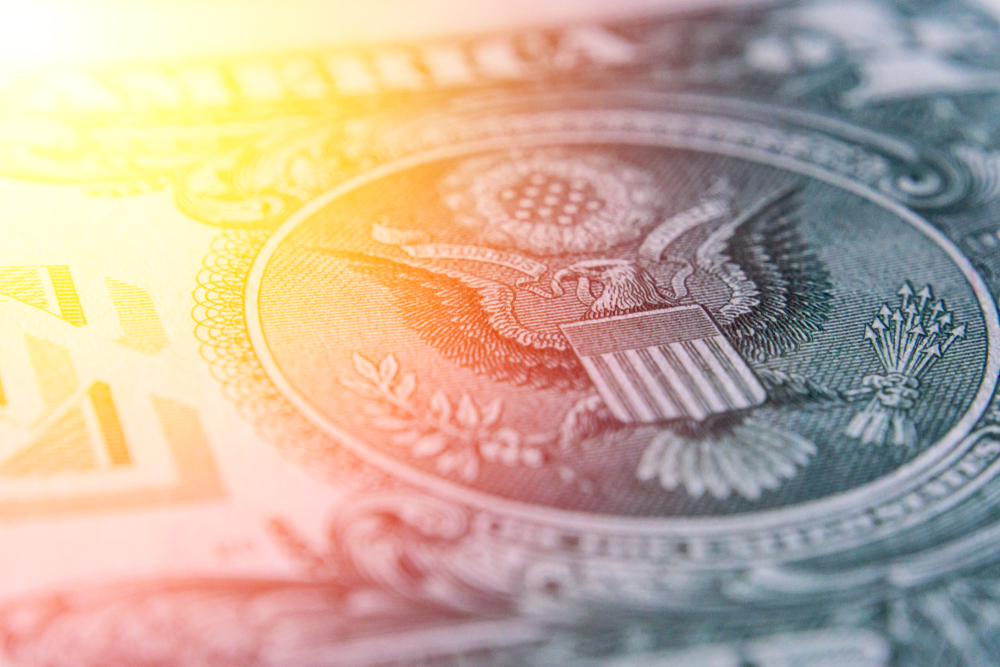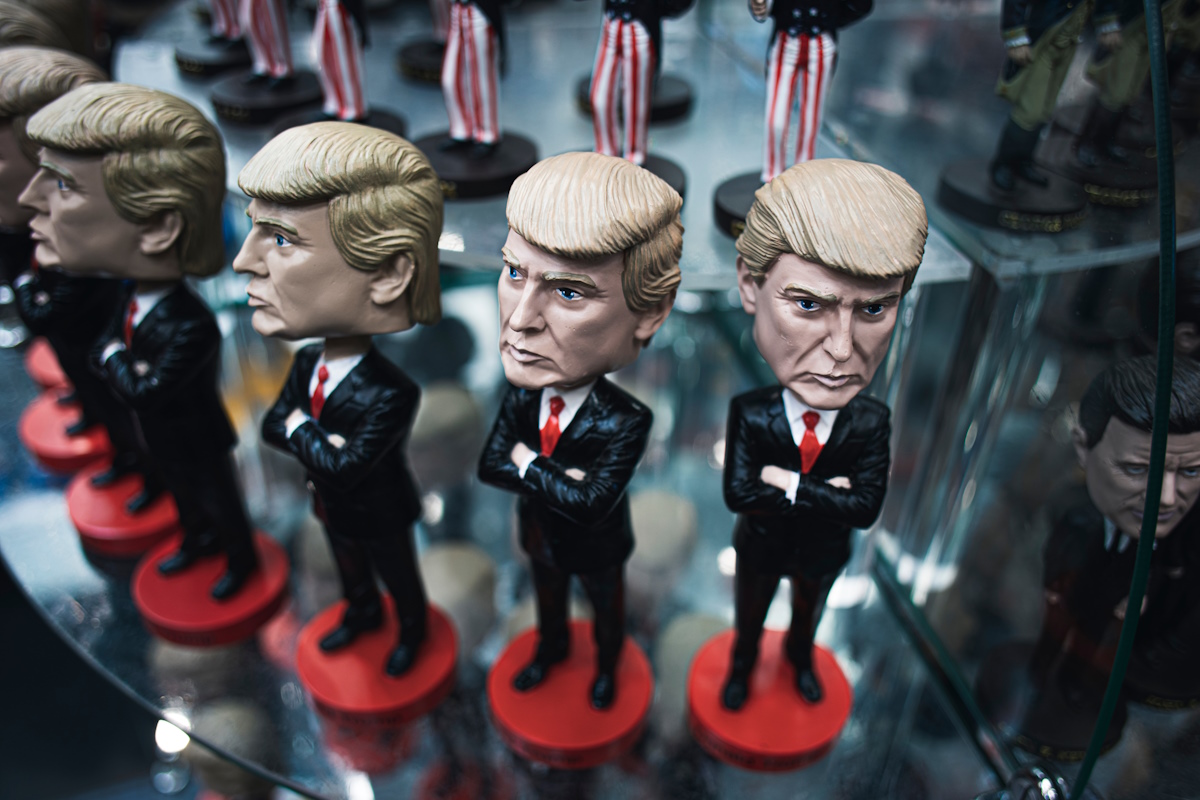Since Donald Trump was inaugurated as the 47th president of the United States on January 20, 2025, markets have been volatile. Tariff uncertainty continues, equity, bond, and currency markets remain unsettled, and US assets are undergoing a broader re-evaluation. Asset managers assess the impact of the first 100 days of Donald Trump’s second term.
According to Bloomberg data cited by Aberdeen Investments, the S&P 500 fell by 14.7%, the Dow Jones by 13%, and the FTSE World Index by 9.75% between Inauguration Day and 21 April 2025 — marking the first time since 1993 that all three indices declined after a U.S. election.
“The first 100 days of Trump 2.0 have impressively demonstrated that investors are usually the losers when government and markets clash. While market volatility can provide long-term buying opportunities for patient, contrarian investors, it can also severely damage investor expectations in the short term,” opines Ben Ritchie, Head of Developed Markets Equities at Aberdeen Investments.
Anthony Willis, Senior Economist at Columbia Threadneedle Investments, notes that the volatility is unlikely to subside soon as headline risks continue to loom and markets stay unsettled.
“We have the two world’s economic superpowers initiating policies that put an effective halt to trade between them, and the rest of the world faces uncertainty and the prospect of trying to soften the tariff impacts via negotiation,” says Willis. “This is undoubtedly an act of economic self-harm by the US, but based around an ideology that wants to boost domestic manufacturing and inflict pain on the other economic powers like the EU and China,” he adds.
100 days of Donald Trump – recession risks
According to Bloomberg, economists now see a 45% chance of a US recession within the next 12 months. “The tariffs and uncertainty are causing a stagflationary shock to the US economy (weaker growth, higher inflation) and this is now being reflected in share prices,” says Paul Diggle, Chief Economist at Aberdeen.
Diggle observes that markets are undergoing a broader reassessment of US assets, including equities, bonds, and the dollar. “One of our scenarios envisages Trump continuing to back down on tariffs and US companies becoming attractive again. However, another scenario could be that high valuations, slowing growth, and profound political uncertainty will result in a structural outflow of investor capital from US assets,” he says.
In a recent roundtable discussion with Franklin Templeton investment specialists, it was noted that the US economy remains resilient. “If the US economy experiences stagflation, we believe value stocks would look favourable, as they have tended to perform well in higher-inflation and lower-growth environments,” says Stephen Dover, Chief Market Strategist and Head of Franklin Templeton Institute. “Historically, sectors like energy, materials, and health care have also done well during stagflationary periods. Investing in commodities, precious metals (especially gold), and commodity-producing countries can provide additional diversification.”
On the bond side, Aberdeen’s Diggle further observes: “The rise in US bond yields suggests markets are reassessing the haven status of US government debt. Typically, investors flock to US Treasuries in times of uncertainty. But this time things look different, given the still unlikely but serious risk that the Trump administration does something truly extreme, like firing the chair of the Fed, levying a user charge on Treasuries, or forcibly converting US debt into longer maturities. And as capital flows out of US assets, the value of the dollar has declined.”
Initial expectations had pointed to a stronger US dollar following Trump’s inauguration. However, the currency has weakened instead. According to J.P. Morgan Asset Management, traditional safe havens such as the Japanese Yen, Swiss Franc, and even the Euro could continue to gain strength, while some emerging Asian economies, including China, might respond by devaluing their currencies.
Read more

T. Rowe Price
Why US Treasuries may no longer be a safe haven
US Treasuries recent performance has fallen short of expectations.

Candriam
The euro bond market is back in focus
Rising yields and shifting fiscal dynamics are bringing the euro bond market back into focus.

Lombard Odier
EM equities – potential opportunities amid challenges
EM equities face renewed pressure amid US trade policy shifts, slowing growth, and investor outflows.

US Markets
100 days of Donald Trump
The first 100 days of Donald Trump’s second term have shaken markets. Asset managers weigh in on US equities, bonds, and the dollar.




















